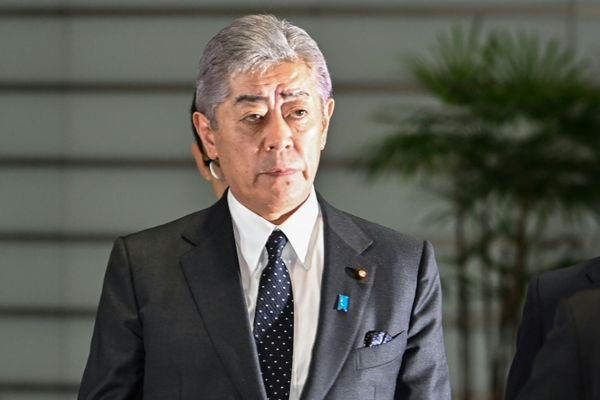
Do you know someone who has forgotten that advice about “burying the hatchet and letting bygones be bygones”? Or who acts as if it’s much more enjoyable to remain angry at the people who didn’t vote the way they did or don’t agree with their political or religious viewpoints?
“In many instances, anger feels good, especially today, when political issues seem to dominate American life. ‘I’m right and you are wrong’ smothers all other moral and rational brakes that the brain has in place,” observes Dr. Luis Vega, professor of psychology and interim dean at the College of Social Sciences and Education at California State University in Bakersfield, Calif. “Additionally, anger can deliver a high similar to that experienced in thrill-seeking activities where danger turns on dopamine reward receptors in the brain and can become its own form of addiction.”
When this occurs on the job, it can become the basis for a toxic-workplace lawsuit. But there is something we can do to lower the temperature.
Confronting these destructive attitudes is one of the most positive, upbeat people I’ve interviewed — Juliana Tafur, the Bridging Differences program director at UC Berkeley’s Greater Good Science Center.
Tafur and her team are leading the 7-Day Campaign for Connection Challenge that, as she says, “Brings together folks with differences in politics, race, religion, culture, all sorts of attitudes — and teaching how to talk with each other. The goal is to minimize othering, prejudice and division and expand our sense of care and shared humanity for others in this time of tremendous division the country is facing.”
Here’s what leads to trouble
I asked Tafur to describe what fuels conflict in our daily lives. What are we doing wrong? She shared these four things, along with some ways to address them:
1. We see a label rather than a person.
We assume that we already know everything about a person based on the label we give them, whether political, cultural, racial, identity. For example, because of their political stance, we might dismiss any unique aspect of their personality, and since we don’t agree, we shut ourselves off from learning anything else about them.
2. We stick to our assumptions and refuse to listen with compassion.
We assume that our truth is the truth and avoid people who think differently. We associate only with those who are in alignment with our views and don’t read anything that doesn’t match our beliefs or that might encourage us to question them.
When meeting someone who does not share our opinions, we focus only on our differences and reinforce the person’s otherness. We dismiss the idea that we could have any meaningful commonality and disregard any shared identities or experiences, such as being in the same PTO at our kids’ school, or both caring about a problem in the community that needs solving. We think, “They’re not worth my time and are so different that we cannot have anything in common.” In the extreme, we might even consider them an enemy.
Actively listening to what someone has to say, with compassion, with our mind and body language — being willing to consider the other person’s feelings and intentions while still disagreeing — is possible. Being engaged in a discussion is one of the most powerful ways of showing that we care about another person’s feelings and want to understand them and their position.
3. When faced with an issue on the job or at home, we shut down the person we don’t agree with.
Looking for a way to upset co-workers or family members when faced with an issue where we are certain of having the only valid opinion? All you have to do is and tell them, “I don’t need any more details. I’ve already heard this viewpoint from others. I know exactly what you are going to say, so don’t waste my time!”
When they get upset, we put them off instead of showing compassion and a desire to discuss the issue. We act like they’re overreacting and say things like, “I don’t get why this would bother you.”
When perspectives clash, we should ask for the other person’s help with a resolution. For example, say something like, “It’s pretty clear we are not understanding each other, and I would really appreciate your help in figuring this out.” This reframes the conversation as a shared effort rather than a confrontation. It also invites collaboration and shows humility, a cornerstone of bridging differences.
4. We approach prejudice the wrong way.
Rather than calling attention to another person’s apparent bias and prejudice by calling them a bigot, Tufar says, consider saying, “Someone might say that your comments reveal a prejudiced mind, which I don’t think is correct, and I’ve caught myself in that kind of a situation but realized it just isn’t really me and sends the wrong message to others.”
Tafur concluded our interview on a positive note that, in my mind, stands as a powerful motto for what her organization strives to accomplish: “By recognizing that anyone can teach us something valuable and approaching people with this mentality, we allow them — and they in turn allow us — to be seen and to feel heard.”
Dennis Beaver practices law in Bakersfield, Calif., and welcomes comments and questions from readers, which may be faxed to (661) 323-7993, or e-mailed to Lagombeaver1@gmail.com. And be sure to visit dennisbeaver.com.







